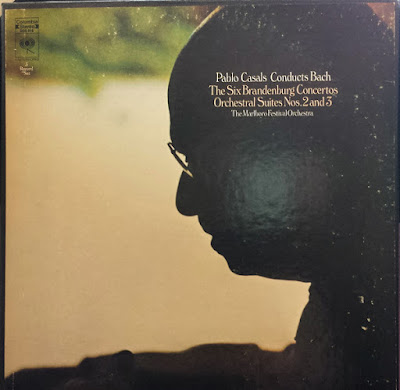"Strangeways, Here We Come" is the best Smiths album. For me, the weakest album was the first, then the second is better than the debut, and then the third is better than.... till we reach the best, SHWC. As a singles band, always brilliant from the very beginning. Overall I feel Morrissey/Marr & company are true believers in the 45 rpm single. That is one reason why some of their compilation albums are so superb. When I listen to a Smiths album, I think of it as a collection of B-sides waiting for their better half (the A-Side) to show up. Then again, I do greatly admire the aesthetic of a good B-Side song or set of songs.
"Strangeways, Here We Come" is the last Smiths album. In fact, I think they broke up before the album's release in 1987. A hardworking band with one of the most incredible front man of all times. Morrissey never fails as a lyricist. Like Serge Gainsbourg, he has the knack of turning a phrase around to give the song its complexities. Highly literary as well as working in the pop format of a song, Morrissey was (and still is) an exceptional talent. Also as their albums get better so does Morrissey's singing. This maybe an argumentive statement, but I truly believe Morrissey solo is a better artist than he was in The Smiths. I feel The Smiths was a training ground or a University for Morrissey. Johnny Marr was a perfect partner. In his looks as well as talents on the guitar and melodic songwriting. Mike Joyce on drums and Andy Rourke on bass are equally important in The Smiths. They were truly a band.
Listening to this album, I realize that the Smiths couldn't go any further As mentioned each album was a springboard to the next, and "Strangeways" was the end of the road. This is not a tragedy. Although there were tears, them breaking up at this point was the best thing that they have done as a band. To leave on a perfect note is perfection in practice. Johnny Marr made that brilliant choice to leave. Oddly enough, I would think his career would take off like a missile, but as fate would have it, Morrissey had put together many other collaborators. Marr seemed to like the position of being in a band or partner with other acts - all a great distance from his previous singer.
"Strangeways" appeals to me because I feel that the band knew exactly what they wanted to do, and they could make the noise that will serve their purpose. "Death of a Disco Dancer" is a troublesome song, due to Morrissey's odd sense of humor. It is also my favorite piece on this album. The way Morrissey distances himself from the world, and in this case, he is reporting news that he heard, but it's not precisely known what or who the Disco Dancer is, or why they are defined by the term "Disco Dancer." Morrissey is very much a coded artist, in that I feel everything he has done is related to one or the other or everything. I can see The Smiths' albums being one long narrative or novel, perhaps in the sense of Marcel Proust's "In Remembrance of Things Past." The same goes for "Girlfriend in a Coma." Is he joking? Or is he just stating a narrative in place of him? It is these type of Morrissey lyrics that one goes back to him again and again because it's like a story coming out of the fog. That's, in a nutshell, is his genius.
The most beautiful and of course, dramatic is "Last Night I Dreamt That Somebody Loved Me." It's classic Morrissey woe me, but clearly, I don't think he really cares if someone loves him or not. He likes to project an image of him in pain, but in his own way, he's delighted in his world. Morrissey is all about projection of a picture, a style, a piece of cultural (usually Gay) history, and pain as a theatrical presentation. Like Andy Warhol, the surface has lots of information, and all we need to do is to rub our hands on it. However, he stirs controversy (his bread and non-animal butter) as an art form, and he is the artist who keeps on giving.




































